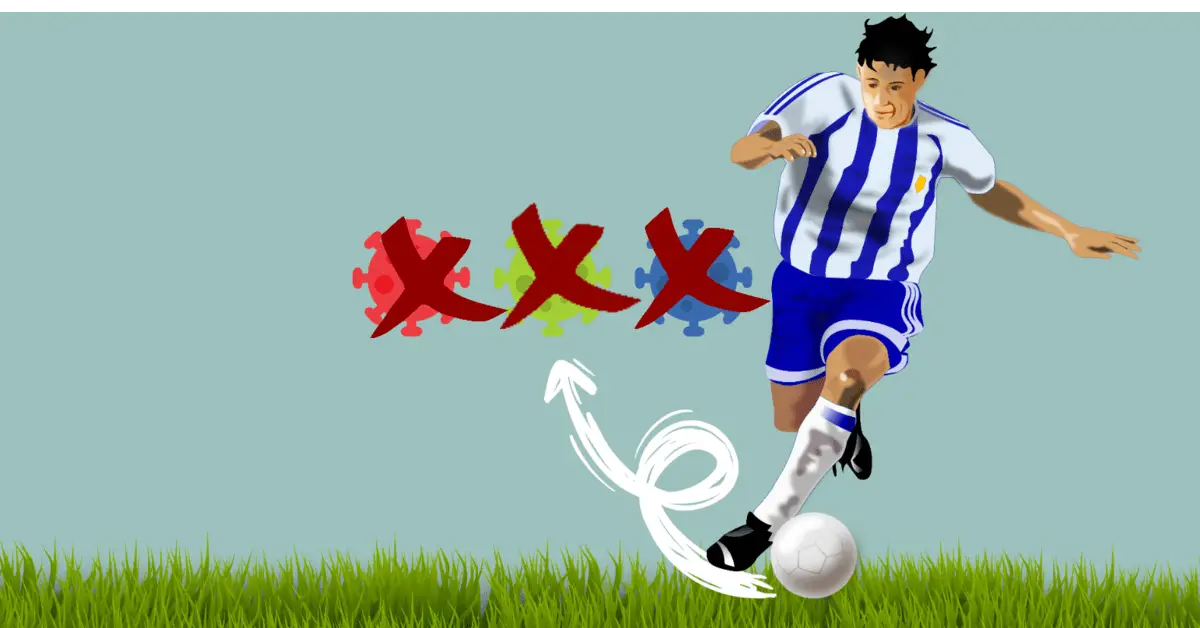UEFA coaching badges are recognized qualifications for soccer coaches in Europe. They are issued by the Union of European Football Associations (UEFA), the governing body for football in Europe.
These coaching badges indicate that a coach has successfully completed a specific level of coaching education and has met the requirements set by UEFA.
The badges are a testament to a coach’s knowledge, skills, and competence in coaching the game of soccer.
UEFA coaching badges are divided into several levels, each representing a different stage of coaching development and expertise.
It’s important to note that the exact names and requirements of the coaching badges may vary slightly between different national football associations affiliated with UEFA. However, the general structure and progression of coaching badges remain consistent across European countries.
Obtaining UEFA coaching badges typically involves a combination of practical coaching experience, theoretical knowledge, assessments, and examinations.
The badges are recognized and respected throughout Europe and are often required or highly valued for coaching positions at various levels of the game.
How does a potential coach gain UEFA coaching badges?
To gain UEFA coaching badges, which are recognized qualifications for coaching soccer in Europe, individuals typically need to go through a structured pathway of training and assessment. Here is a general overview of the process:
Start with Foundation Level Courses
The journey usually begins with foundation-level courses or introductory coaching courses. These courses cover basic coaching principles and are often organized at the national or regional level by the respective football associations.
Progress to UEFA Coaching Licenses
After completing the foundation-level courses, aspiring coaches can advance to UEFA coaching licenses. The licenses are divided into different levels, including UEFA C, UEFA B, UEFA A, and UEFA Pro.
UEFA C License
This level focuses on grassroots and beginner coaching, typically for coaching youth teams or amateur adult teams. It covers fundamental coaching skills, understanding of the game, and age-appropriate training methods.
UEFA B License
The UEFA B License is the next step and provides a more in-depth understanding of coaching techniques, tactical strategies, and player development. It is suitable for coaches working with intermediate-level teams or youth academy setups.
UEFA A License
The UEFA A License is a more advanced qualification aimed at coaches working with higher-level teams, such as professional or semi-professional clubs. It delves deeper into coaching methodologies, advanced tactics, and technical aspects of the game.
UEFA Pro License
The UEFA Pro License is the highest coaching qualification and is usually required for coaching at the top professional levels. It involves intensive training, including practical and theoretical components, and covers advanced coaching strategies, management skills, and leadership qualities.
Fulfil Practical Experience Requirements
Alongside the educational courses, practical coaching experience is crucial for gaining UEFA coaching badges.
Coaches are typically required to accumulate a certain number of coaching hours at different levels of the game, working with teams and players to apply their knowledge in real-world scenarios.
Pass Assessments and Examinations
To obtain each UEFA coaching license, coaches must successfully pass assessments and examinations, which evaluate their coaching abilities, knowledge of the game, and understanding of coaching principles.
These assessments often include practical coaching sessions, written examinations, and interviews.
Continuing Professional Development (CPD)
UEFA coaching licenses have validity periods, and coaches are encouraged to engage in continuous learning and development through workshops, seminars, conferences, and other CPD activities to stay up to date with the latest coaching methodologies and practices.
It’s important to note that the specific requirements and procedures for gaining UEFA coaching badges may vary between countries or football associations.
Therefore, it is recommended to consult the official UEFA or national football association websites for the most accurate and up-to-date information on the coaching pathway in a particular region.
In addition, UEFA-licensed coaches now use mobile applications to help them make better decisions.
Final Thought
In conclusion, UEFA coaching badges are highly regarded qualifications that signify a coach’s expertise and competence in soccer coaching.
Issued by UEFA, these badges validate a coach’s successful completion of specific levels of coaching education and their ability to meet the organization’s standards.
The badges are divided into various levels, ranging from grassroots coaching to professional coaching, allowing coaches to progress and specialize in their field.
By embarking on the UEFA coaching badge pathway, coaches can enhance their coaching knowledge, skills, and opportunities, ultimately contributing to the development and success of the sport.





